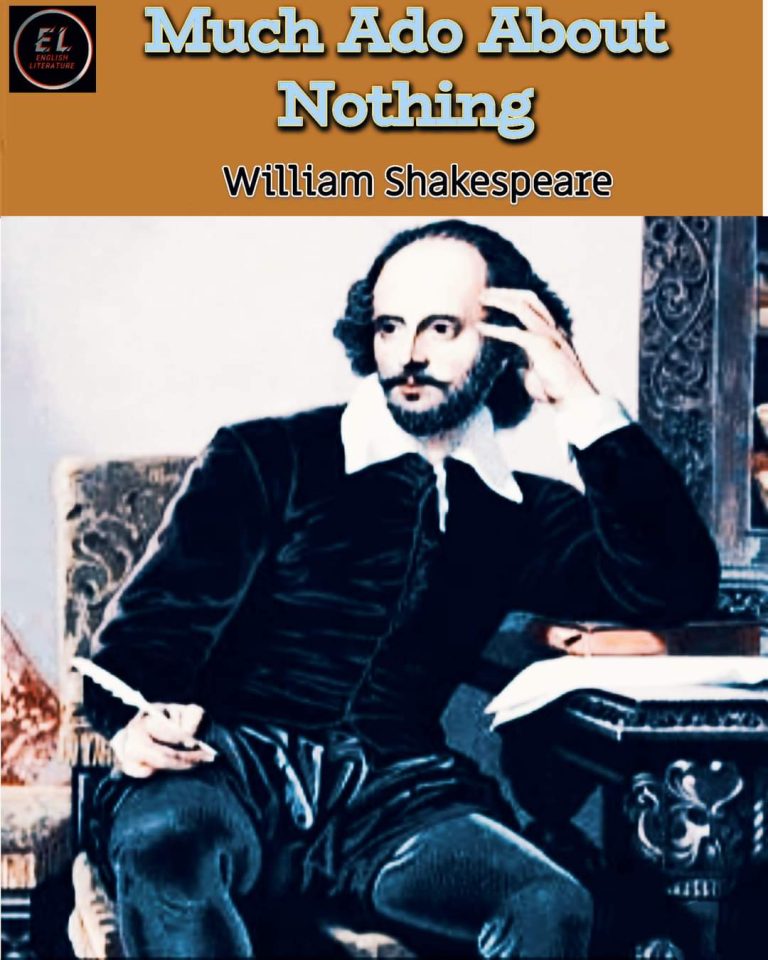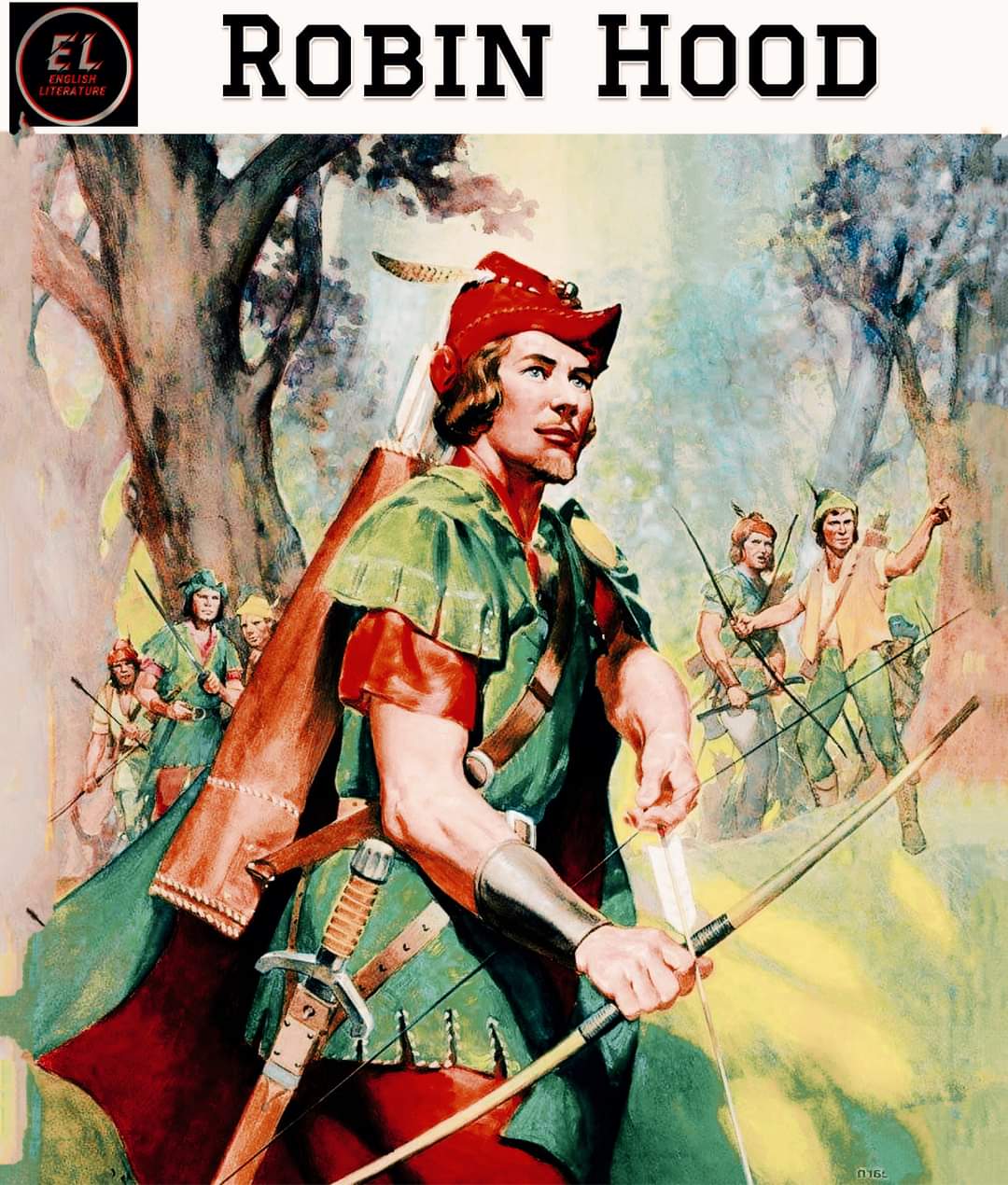Much Ado About Nothing is a comedy by William Shakespeare thought to have been written in 1598 and 1599, as Shakespeare was approaching the middle of his career. The play was included in the First Folio, published in 1623.
Summary:
Leonato, a kindly, respectable nobleman, lives in the idyllic Italian town of Messina. Leonato shares his house with his lovely young daughter, Hero, his playful, clever niece, Beatrice, and his elderly brother, Antonio (who is Beatrice’s father). As the play begins, Leonato prepares to welcome some friends home from a war. The friends include Don Pedro, a prince who is a close friend of Leonato, and two fellow soldiers: Claudio, a well-respected young nobleman, and Benedick, a clever man who constantly makes witty jokes, often at the expense of his friends. Don John, Don Pedro’s illegitimate brother, is part of the crowd as well. Don John is sullen and bitter, and makes trouble for the others.
When the soldiers arrive at Leonato’s home, Claudio quickly falls in love with Hero. Meanwhile, Benedick and Beatrice resume the war of witty insults that they have carried on with each other in the past. Claudio and Hero pledge their love to one another and decide to be married. To pass the time in the week before the wedding, the lovers and their friends decide to play a game. They want to get Beatrice and Benedick, who are clearly meant for each other, to stop arguing and fall in love. Their tricks prove successful, and Beatrice and Benedick soon fall secretly in love with each other.
But Don John has decided to disrupt everyone’s happiness. He has his companion Borachio make love to Margaret, Hero’s serving woman, at Hero’s window in the darkness of the night, and he brings Don Pedro and Claudio to watch. Believing that he has seen Hero being unfaithful to him, the enraged Claudio humiliates Hero by suddenly accusing her of lechery on the day of their wedding and abandoning her at the altar. Hero’s stricken family members decide to pretend that she died suddenly of shock and grief and to hide her away while they wait for the truth about her innocence to come to light. In the aftermath of the rejection, Benedick and Beatrice finally confess their love to one another. Fortunately, the night watchmen overhear Borachio bragging about his crime. Dogberry and Verges, the heads of the local police, ultimately arrest both Borachio and Conrad, another of Don John’s followers. Everyone learns that Hero is really innocent, and Claudio, who believes she is dead, grieves for her.
Leonato tells Claudio that, as punishment, he wants Claudio to tell everybody in the city how innocent Hero was. He also wants Claudio to marry Leonato’s “niece”—a girl who, he says, looks much like the dead Hero. Claudio goes to church with the others, preparing to marry the mysterious, masked woman he thinks is Hero’s cousin. When Hero reveals herself as the masked woman, Claudio is overwhelmed with joy. Benedick then asks Beatrice if she will marry him, and after some arguing they agree. The joyful lovers all have a merry dance before they celebrate their double wedding.








